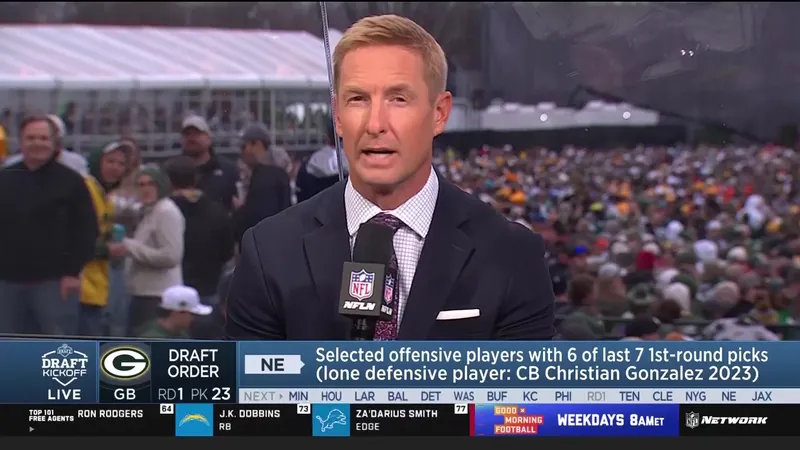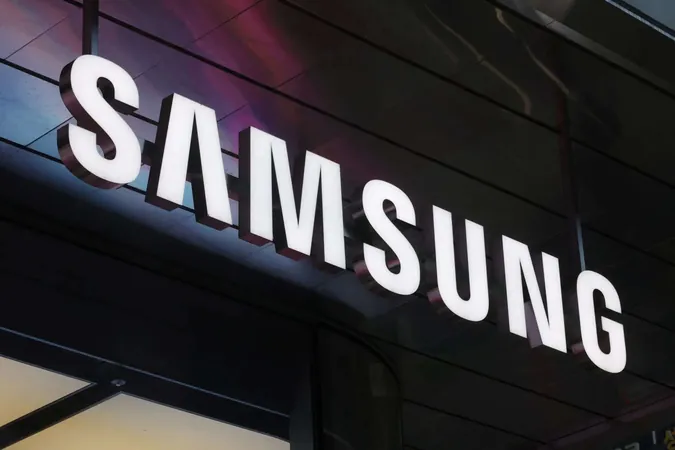
Sarah Palin Takes Aim at The New York Times in Defamation Retrial!
2025-04-15
Author: Emma
In a dramatic turn of events, Sarah Palin's legal team slammed The New York Times for what they called an insufficient apology during the opening statements of her defamation retrial. The case, centered around false claims made in a 2017 editorial, has captivated audiences as jurors reevaluate statements that impacted Palin’s reputation.
Palin's lawyer emphasized to the Manhattan federal court jury that the paper’s apology was lacking, particularly for not directly addressing Palin. "They simply couldn’t bring themselves to say, ‘Governor Palin, we’re sorry for making this mistake about you,’" voiced Shane Vogt, drawing comparisons to his notable representation of Hulk Hogan in a previous high-profile defamation case.
On the other hand, The New York Times, represented by lawyer Felicia Ellsworth, defended its actions by stating that they promptly acknowledged their error, correcting it just 14 hours after the report's online publication. This editorial, titled "America’s Lethal Politics," had wrongfully suggested Palin incited the tragic mass shooting in Arizona back in 2011.
In that devastating incident, six lives were lost, and Democratic Congresswoman Gabby Giffords was gravely injured, prompting intense scrutiny and media frenzy. The controversy intensified when former editorial page editor James Bennet admitted to altering the editorial under deadline pressure, claiming a 'clear' connection between Palin's political rhetoric and the shooting.
Palin's quest for justice is fueled by more than just personal vindication; she's using this case as a platform for challenging the long-standing defamation precedent set by New York Times v. Sullivan. This landmark 1964 Supreme Court ruling established that public figures must prove 'actual malice' to win defamation lawsuits, a standard that posed significant hurdles for Palin's fight.
However, the 2nd U.S. Circuit Court of Appeals has reignited the case, citing the exclusion of critical evidence that could demonstrate Bennet's awareness of the truth regarding Palin's alleged role in inciting violence. This sets the stage for a courtroom battle that could redefine the boundaries of media accountability and free speech.
As this high-stakes retrial unfolds, all eyes will be on the jury as they navigate the fine line between journalistic freedom and the responsibility that comes with it. Will Palin emerge victorious in her fight against one of the nation’s most prestigious publications? Only time will tell.









 Brasil (PT)
Brasil (PT)
 Canada (EN)
Canada (EN)
 Chile (ES)
Chile (ES)
 Česko (CS)
Česko (CS)
 대한민국 (KO)
대한민국 (KO)
 España (ES)
España (ES)
 France (FR)
France (FR)
 Hong Kong (EN)
Hong Kong (EN)
 Italia (IT)
Italia (IT)
 日本 (JA)
日本 (JA)
 Magyarország (HU)
Magyarország (HU)
 Norge (NO)
Norge (NO)
 Polska (PL)
Polska (PL)
 Schweiz (DE)
Schweiz (DE)
 Singapore (EN)
Singapore (EN)
 Sverige (SV)
Sverige (SV)
 Suomi (FI)
Suomi (FI)
 Türkiye (TR)
Türkiye (TR)
 الإمارات العربية المتحدة (AR)
الإمارات العربية المتحدة (AR)